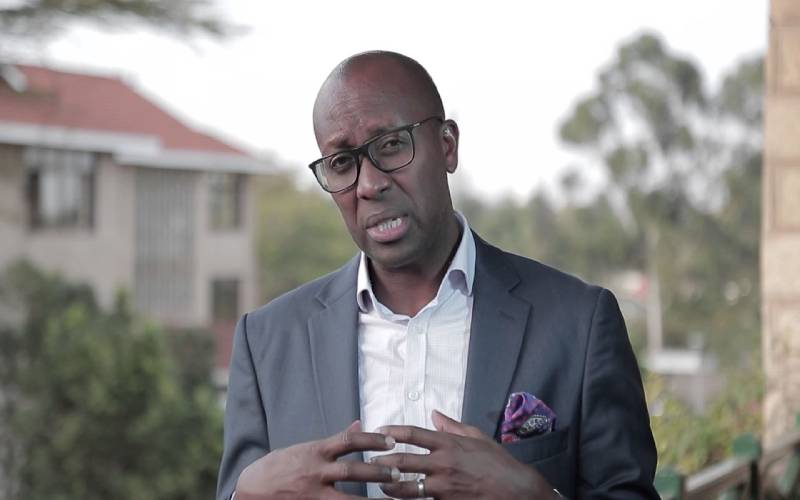×
The Standard e-Paper
Home To Bold Columnists

Amref Health Africa CEO Dr Githinji Gitahi. [Photo Courtesy]
Approximately 1.5 million Kenyans are impoverished by health care bills every year, says Amref Health Africa CEO Dr Githinji Gitahi. This is as Kenya grapples with the implementation of Universal Health Coverage (UHC).








